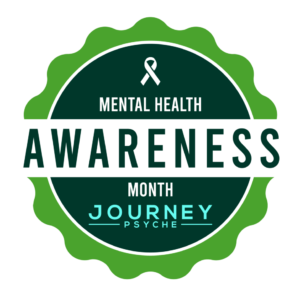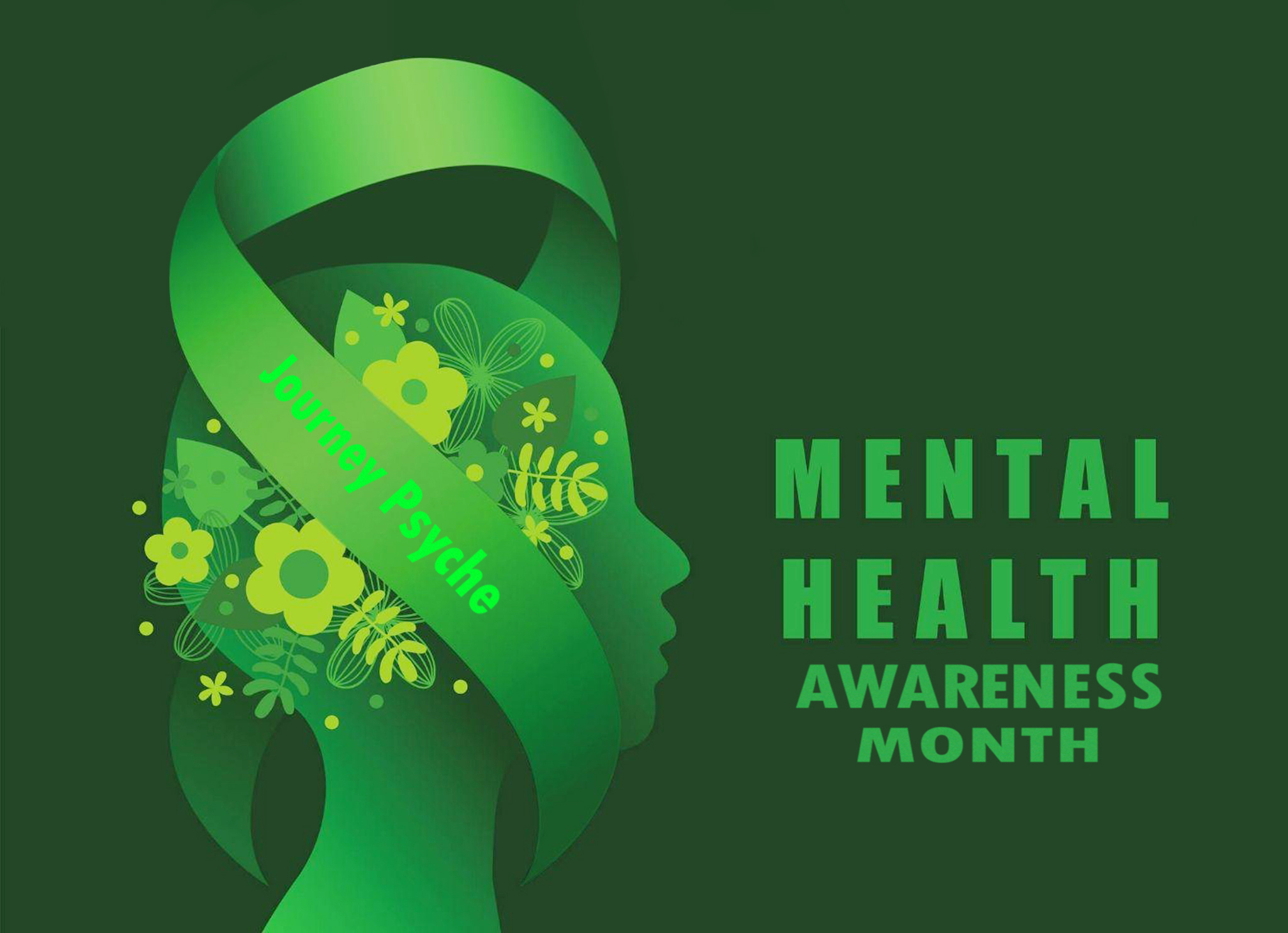Health insurance terms can be overwhelming, especially when you’re already dealing with the stress of a mental health issue. It’s no secret that insurance companies have their own language, which can be confusing for most of us. That’s why at Journey Psyche we’re here to help you understand some of the most used terms in the medical industry.
Let’s start with deductibles. A deductible is the amount of money that you need to pay out of your own pocket before your insurance plan starts covering your medical expenses. This amount is set by your insurer and usually resets annually. For instance, if your plan has a $500 deductible, you’ll have to pay the first $500 of your medical bills before your insurer starts covering any costs.
At Journey Psyche we recognize that insurance deductibles can sometimes be a barrier to accessing these vital resources. This is one of the most important decisions you can make for your overall wellness, and we are here to help. That is why we offer new patients a payment plan tailored to their financial situation.
Moving on to copays, a copay is a fixed amount that you pay for a medical visit or procedure. This fee is set by your insurer and may appear on your insurance card. Typically, psychiatrists are considered specialists, so copays for their visits may be higher than other types of medical visits. For instance, if your copay is $30, you’ll have to pay $30 for each visit to a specialist.
Finally, let’s talk about coinsurance. Unlike a copay, coinsurance is a percentage of the total cost of your medical care that you’re responsible for. Your insurer will cover the remaining percentage of the cost. For example, if your coinsurance is 20%, and you’ve already met your deductible, you’ll have to pay 20% of the total cost of each medical visit, while your insurer will cover the remaining 80%.
It is crucial to seek help as early as possible when experiencing any mental health difficulties that won’t go away. Without the ability to cope or process what’s going on, individuals may develop unhealthy habits to get through the day. Over 83% of people who reach out for mental health services usually report better sleep, quality of life, work satisfaction, clarity, focus, better moods, relationships, and self-confidence. See our success stories.
To book a new appointment or discuss payment plan options call or text us 800-955-0167.








